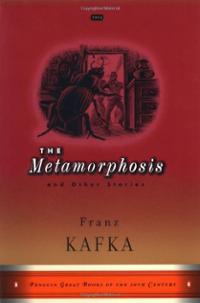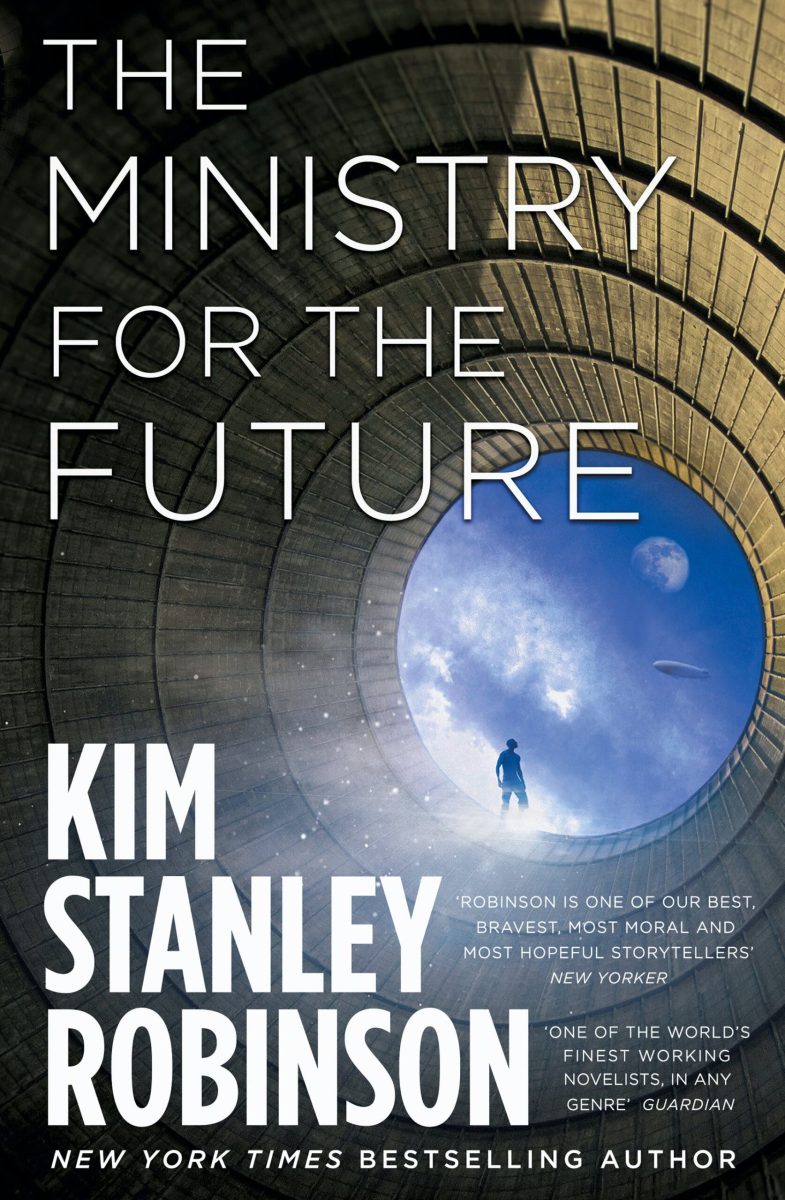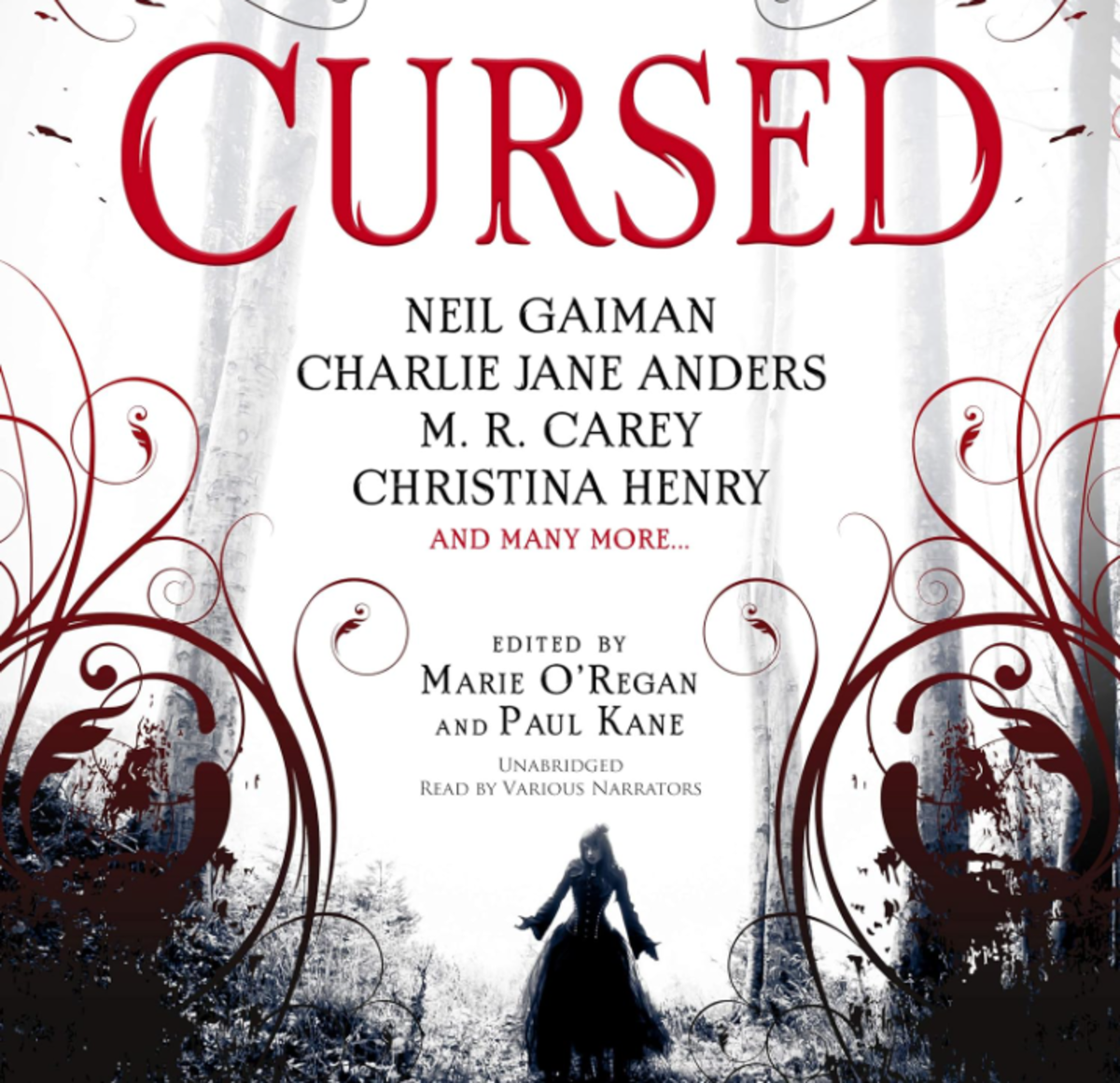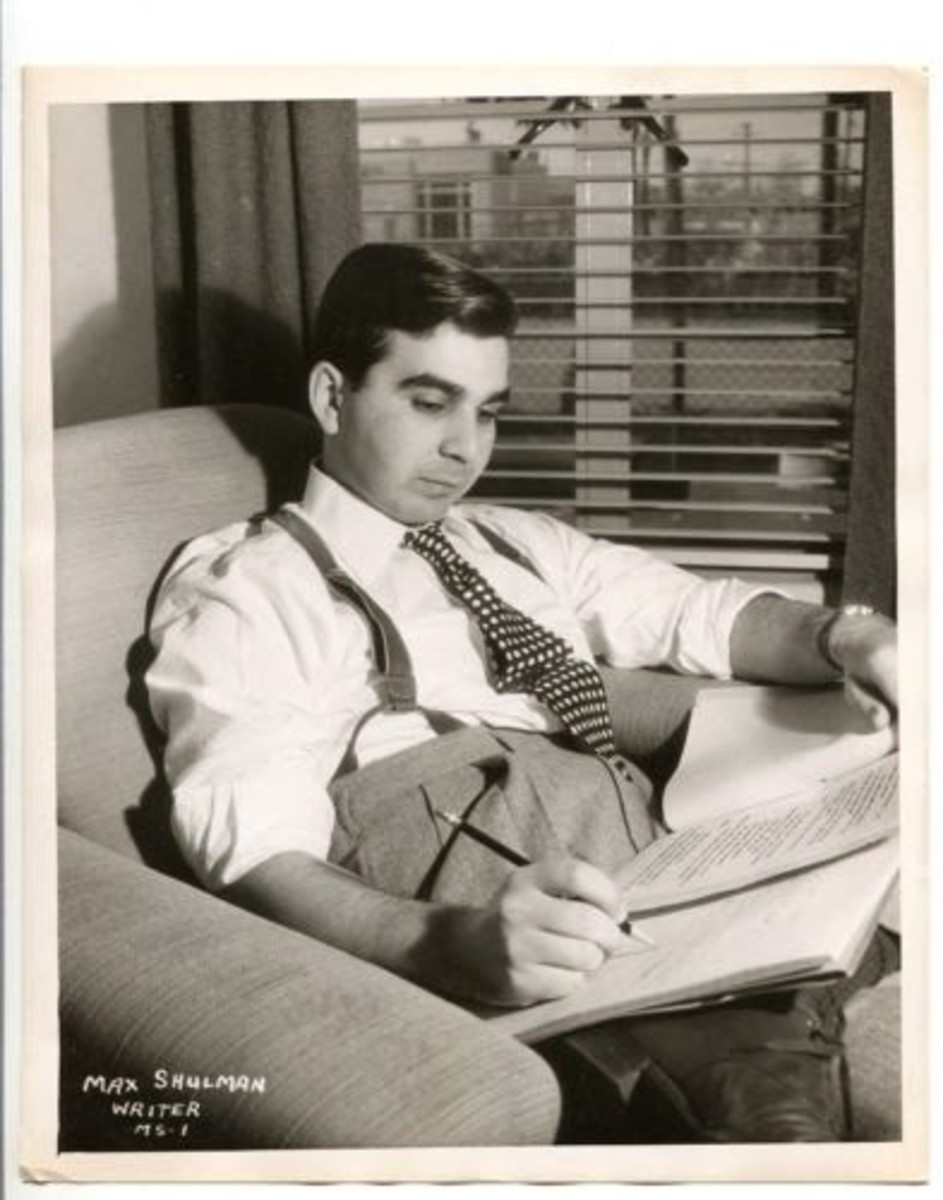Metamorphosis And Other Stories by Franz Kafka: A Book Review

Today we're going to very briefly consider a collection of short stories by the German-Jewish writer, Franz Kafka (1883-1924). As to the version I am holding in my hands, the translation from German to English was done by Malcolm Pasley.
This volume is paperback, of the Penguin Great Books Of The 20Th Century, published by Penguin Books. This edition is copyrighted for the year 2000; and the translation is copyrighted under Malcolm Pasley in the year 1992.
The first thing to say is this: If you are looking for reading matter that is somewhere between James Patterson---no disrespect---and, I don't know, Crime and Punishment by Dostoevsky, let me suggest you give the work of Franz Kafka a try.
What I personally find inspiring about a writer like this is his range. That is to say, that on one level he reminds us that a story can be constructed from absolutely anything. What I mean to say is that he took material, that to us, might seem like the thinnest gruel and often made something beautiful out of it. That is to say, that a writer like Franz Kafka reminds us what literature is all about: holding up a bit of life, whatever it is, and saying, "Isn't this interesting?"
A writer like Kafka reminds us that there is interest in even the most mundane and trivial-seeming life moments.
This interest can be found in a simple, clinical character study of a man's eleven sons (Eleven Sons), and if I may say so---though I have not read Dostoevsky---I get the feeling that this story has echoes of Dostoevsky's Brothers Karamazov, which I understand, however, to function, at least partially, as a kind of character study of a family of several brothers.
But I digress. To continue: This unexpected interest can be found in something like an errant glance out of a window (A Stray Glance from the Window --- its brevity marks the story as something we call "flash fiction"). It can be something bizarrely ordinary as the story clothes tell (Clothes -- flash fiction, which is a story about the way certain kinds of clothes moves over certain kinds of bodies).
This unexpected interest can be something like the decision one sometimes makes to take a walk after dinner (The Sudden Walk -- flash fiction). One of my favorite is called "The Rejection."
The reason this particular story resonates so much with me is because it reminds us all, once again, that this is a small world after all. Mind you, Franz Kafka was a "white" man, of German-Jewish descent, who lived from 1883-1924, and was educated in Prague.
Now, The Rejection is what we would call a "flash fiction" story. It starts like this: "When I meet a pretty girl and beg her: 'Please be so kind and come along with me,' and she goes by without saying a word, what she means is:..." Basically, the young woman goes on to explain that she has no time for him because, from the looks of him, he seems to occupy too lowly a socioeconomic status to suit herself.
Stay with me because we're about to take a bizarre turn. Do you guys remember 1980s hip hop?
Do you guys remember a Juice Crew rapper called Biz Markie? In 1988 he released his "Goin' Off" album, and on it is a song called Vapors. Now, "Vapors" is a song about how he and some of his rapping Juice Crew colleagues---Big Daddy Kane, T.J. Swan (a singer), Biz Markie's DJ (I don't remember his name and I can't find it right now), and Biz Markie himself---struggled in their early days to get their careers of the ground and some of the trials and tribulations they each faced.
For example, we see a scene of the DJ, early on, trying to get a job at a record store. He is rejected. Later, after he's made it big with "The Biz" and the Juice Crew, we see him standing right outside of the record store that would not employ him; but this time he is autographing albums of a long line of his fans.
The manager who wouldn't hire him, tries to put his arm around the lad in a comradely way, as if to say, "I believed in you all the time," or something like that. It is this secondary reaction, on the part of someone who had rejected him previously, that Biz Markie referred to as the "Vapors."
Then there's Big Daddy Kane, depicted as something of a neighborhood tough in his youth. We see him and two of "his boys" climbing the steps of the apartment house to his dwelling; and a couple of neighbors shake their heads in his direction, as if to say that he would never amount to anything, and all that.
Kane makes it big as a rap star. The scene shifts to a cruise boat. Kane is dressed in a fly suit and he is bracketed by two lovely young ladies. They come across the very couple, that had looked askance at him previously (somehow they got on the cruise); and this time they were looking rather crummy, like they could use some money.
Kane and his companions stop and lower their shades at the couple, which is Big Daddy's version of looking askance. Their awestruck reaction in seeing him is the "Vapors."
Anyway, the skit that is of direct interest to Kafka is the story of the singer, T.J. Swan. The Biz introduces him like this: "Well you all know T.J. Swan, he sing on my records. Makes the music 'Nobody Beats the Biz,' well check it."
In any case, its seems that Mr. Swan had become smitten for a young lady named Fran. But he never had a chance with his then heart's desire. Fran rejected him on the basis of his apparent, lowly socioeconomic status. He had been working at UPS at the time, according to the video.
Next we see T.J. Swan aboard the cruise ship, looking fly, and in the company of an adoring fan/girlfriend. The very same Fran, who didn't have time for him when he had been working at the United Parcel Service and he was dreaming his big dreams, is on that cruise ship. She is apparently an employee of the cruise ship.
We are too understand that she has done this in a pathetic attempt to worm her way back into Swan's affections. But of course, as far as the singer is concerned, "that ship has sailed," if you will forgive the pun.
He and his companion are lounging, drinking champagne. At one point he simply pours the champagne out of his glass, on to the floor, just so he can watch Fran mop it up. Fran has caught the "Vapors."
Franz Kafka's story does not quite end like that. The young man retains his self-respect, points out the young woman does not appear to be in very rich material circumstances herself, and accepts the rejection gracefully, with the feeling that it is, perhaps, all for the best.
However, that said, it feels to me, that Kafka's "The Rejection" is, nevertheless, pregnant with "Vapors" potential.
Alright?
Alright.
Now, that is one dimension of Franz Kafka's writing, all too briefly covered. There is, what we might call, the conventionally literary. I must confess that I did not quite see the point of his story, The Stoker.
But I blame myself for that, not Franz Kafka, and not his translator, Malcolm Pasley. The deficiency is mine. Franz Kafka is not the kind of writer that one can read blithely one time and think that you have grasped the essence of his work. He is a writer whose work should and deserves to be read multiple times.
The story, The Fasting Artist is a tragedy to be sure. We are transported to a world in which a fasting man---one who persists for extraordinary lengths of time (days, weeks, months) without eating---is a carnival attraction. People come from far and wide to watch a human being waste away with his bones showing through his skin, as though it is a talent.
Perhaps its like one of those train wreck things---its so horrible but you can't look away? I don't know if this has ever happened in real life, but on television I've seen situations in which someone threatens to jump from a high window. The crowd below yells, "Jump! Jump!" I hope that has never happened in real life.
By the way, we hear about instances of people suffering from cancer. The radiation and chemotherapy they go through saps their appetite, I hear. The very thought of food is enough to nauseate them. On occasion the only thing that helps is smoking weed.
I mention all of that because the fasting artist does not eat because he has never found any food that he likes. Otherwise he would stuff himself silly. We never learn what is behind his aversion to all known food.
Kafka was also very good at writing what I shall call---for lack of a better term---short, inverted logic, nothing-is-as-it-seems, metaphysical thrillers. For instance, his story, Before The Law features a man who comes seeking an audience with the law. He is made to wait an eternity before being admitted. He asks why he has been kept so long from entering through the door to see the Law. The doorkeeper explains to him that the door could have only been opened for one person: the waiting man himself; and that now he is about to close it.
A Message from the Emperor is a similar kind of metaphysical puzzle. But "puzzle" is not really the word; but I cannot really think of another word. I'm not going to disclose how this story goes because I don't want to spoil it for you. The story takes a life scene and adds a comic density to it; that is how I would describe the workings of this story. The story imagines what someone might imagine.
A Coal-Scuttle Rider is a powerful, concentrated story about the cruelty of ignoring the poor.
Kafka wrote stories about people who put themselves through weird ascetic trials, such as that of the featured trapeze artist in First Sorrow.
There was yet another dimension to Kafka's writing. This other dimension is that which I call dark comedy. The way I have always defined it is like this: It is serious drama fueled by an absurd premise, which is taken seriously.
The Metamorphosis is, perhaps, Franz Kafka's most famous story. It is about a young man, Gregor Samsa, who wakes up one morning to find out that he has turned into a giant cockroach.
This is not science fiction.
This is not fantasy.
This is not magical realism.
I say this because of the reaction to this turn of events by Gregor Samsa and his family. The reaction is not amazement, horrific or otherwise (The ancestral relationship to the movie, The Fly is obvious). There is never an thought that anything can be done about it. There is never any thought that they might know somebody who knows about such freakish transformations.
Basically, the reaction all around is: What an inconvenience! Yet another headache!
While "The Metamorphosis" may Kafka's most famous story, I do not think it is the most interesting of the collection we're talking about. I would hand that honor to A Report to an Academy.
That is a story about a man who has been asked by an academic society to give a talk about his past life as an ape. Not his recalled "past life." We are not talking about reincarnation or the transmigration of souls. Think: The Island of Dr. Moreau.
In this life, he was once an ape, but then circumstances led him to believe that the only way he would ever get out of his cage, was to transform himself, from an ape to a man, through the force of will, through rigorous imitation of the men he saw all around him.
Anyway, I think that'll do it. Thanks for reading!






